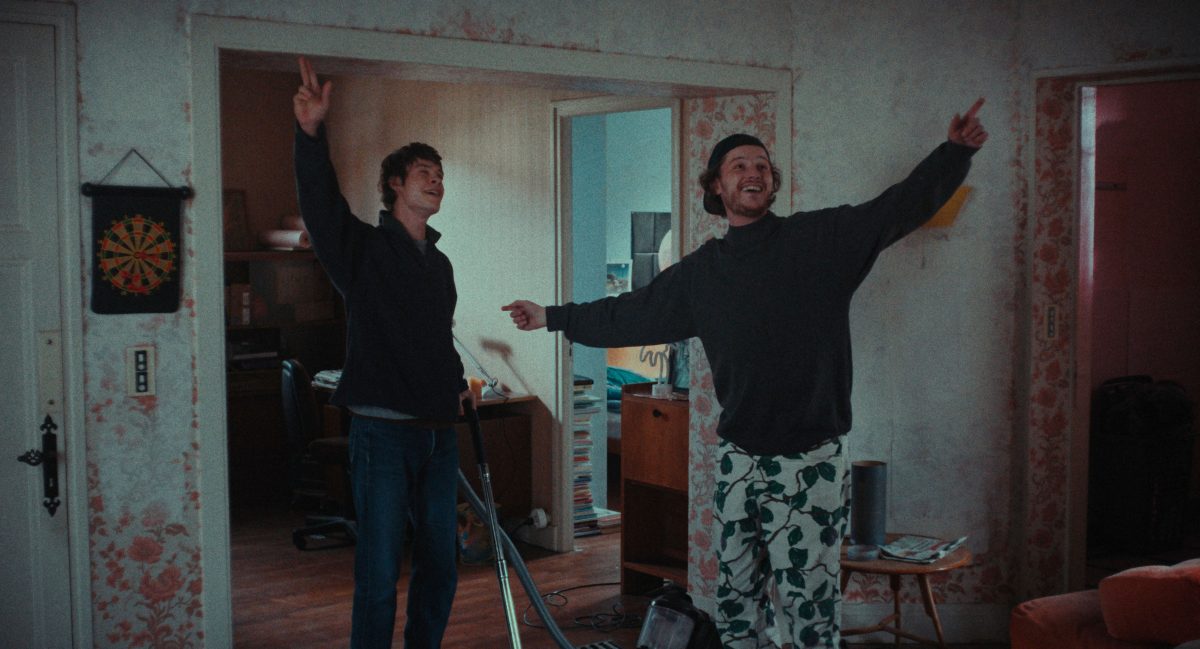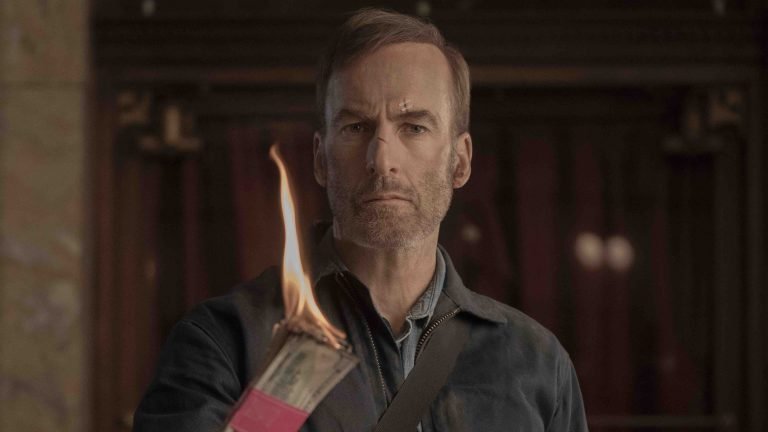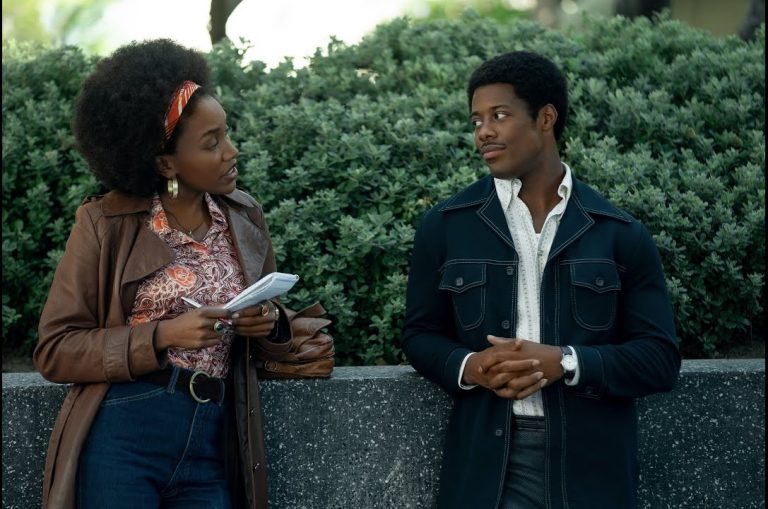Hubert Charuel’s “Meteors” (2025) is about three friends who have been dealt a bad hand in their lives. However, instead of diving right into their unfortunate circumstances, the film introduces two of them as reckless teenagers on the cusp of adulthood. Its early scenes reveal how they do not realize that their actions can have real-life consequences. They get rattled by the fact that they will face repercussions for what they saw as a random act of joy. So, right off the bat, it offers barely anything to make us want to care for them. Rather, they seem like careless teens that you might look away from if met in real life.
Hubert Charuel and Claude Le Pape’s script understands their naivety quite well. So, instead of ridiculing them for their lack of exposure or real-life experiences, it becomes an honest attempt to understand them. Every following creative choice is in service of curiosity over judgment about their life choices. Besides, it isn’t the least bit interested in romanticizing their struggle or resilience. Instead, it portrays their human spirit in a way that is sincere and deeply personal. That isn’t the easiest of tasks when two of them seem to be wasting their lives on drugs and alcohol, while the third one is working for an ethically dubious job.
Despite these thorny themes, “Meteors” manages to be a heartwarming portrait of Daniel (Idir Azougli), Mickaël (Paul Kircher), and Tony (Salif Cissé) with etched-out traits that set them apart from the cliches or genre gimmicks. Although a coming-of-age tale of Daniel and Michael, it paints them with so much dignity and conviction. It challenges the notion that they are naive simply for their lack of initiative or a sense of commitment. They are inclined to make choices that are far more moralistic than most of us. What they don’t appreciate is conforming to something they know is inherently harmful.
It is natural for someone their age to distance themselves from the orderliness of the world that seems more restricting than liberating. In these situations, they are bound to want to rebel and bounce back to their slothful habits that are harmful but comforting. So, the film is ultimately about them trying to understand the difference between refusing to conform without a cause and for a cause. It is also about them getting a crash course in adulthood that changes the trajectory of their lives. That happens accidentally as they try to evade the charges they face as a result of their erratic actions.

While following them as a unit, “Meteors” also reveals enough details to make them strikingly distinct. At first, Mickaël seems to be getting dragged along by Daniel’s foolhardy nature. However, the script slowly unpacks the layers of their mutual psychological dependence. Instead of simply charming us with an ode to an everlasting friendship, the film highlights that growth is a messy affair. It embraces that innate messiness while offering a vivid portrait of their emotional lives.
The two start working at a construction business under Tony’s supervision, where they are expected to work with nuclear waste. They are advised to stick to doing what they are told without asking any questions about the point of their work or its impact. The film highlights the feeling of a dead end with no means to escape through grey walls that seem gigantic in front of their skeletal and slouched figures. It captures their existential dread and despair with an acute awareness of their self-destructive habits. Slowly, it shows them discovering the distinction between a fleeting joy and a sustainable satisfaction.
At its core, “Meteors” is an ode to friendship for how it binds people as closely as a family unit. Instead of melodramatizing, it presents this through simple acts of kindness that reflect mutual concern. While dealing with bleak themes of fate, death, and survival, it shows these characters celebrating the simple joys of life through moments of minute recognition instead of grand gestures. It wouldn’t have been nearly as effective without the captivating performances that exude an overwhelming warmth that is impossible to emulate.
While unassumingly charming for the most part, the film occasionally falls into the trap of literalism, where it spells out the obvious when there is no need to do so, with actors skilled enough to bring out the subtleties of their ever-evolving nature. These moments break the flow in its narration, otherwise defined by an unpretentious and naturalistic tone. So, the on-the-nose explanations feel quite jarring. Regardless, that minor gripe doesn’t turn “Meteors” into a disappointment. It is still a sentimental and humanistic account that finds poetry in the least obvious corners.




![Miss Viborg [2022] ‘GFF’ Review – A Danish Dramedy with an Unlikely Friendship and Unforeseen Circumstances](https://79468c92.delivery.rocketcdn.me/wp-content/uploads/2022/02/Miss-Viborg-2022-768x432.jpg)



![Mr. Thank You [1936] Review – A Bittersweet and Deeply Humane Road Movie Classic](https://79468c92.delivery.rocketcdn.me/wp-content/uploads/2019/12/Mr.-Thank-You-1936-768x576.jpeg)